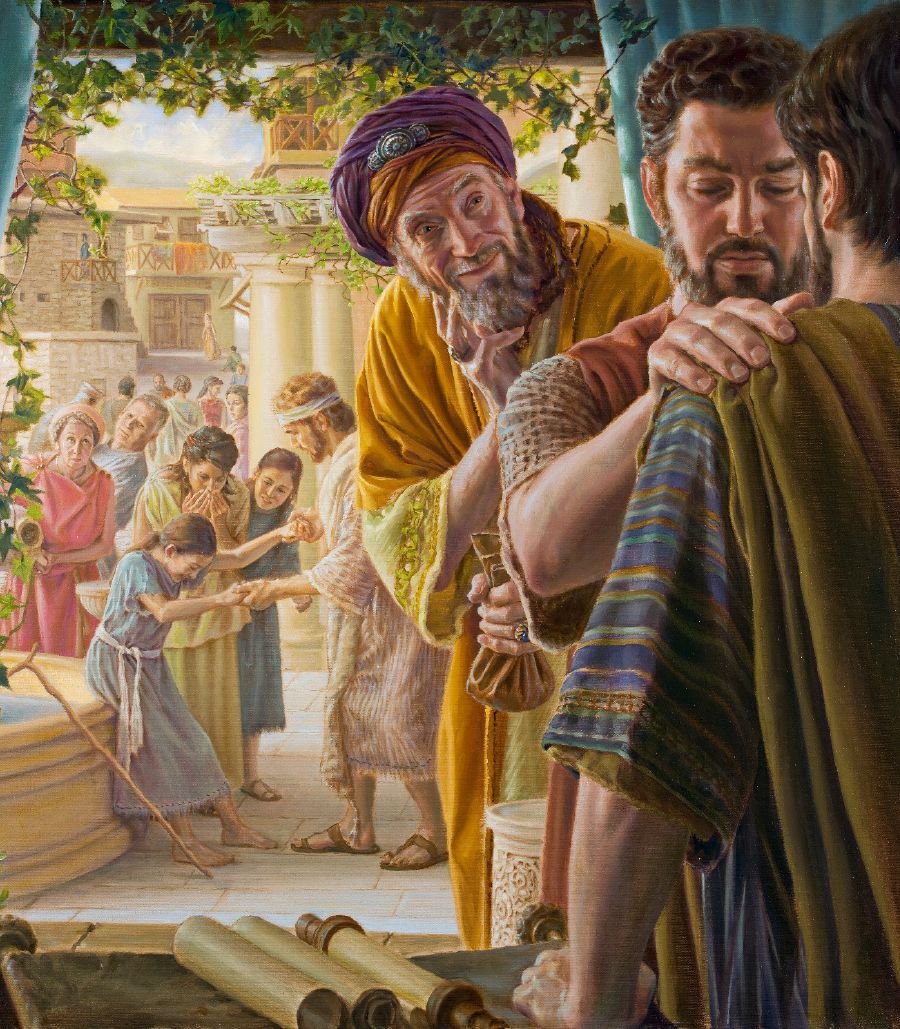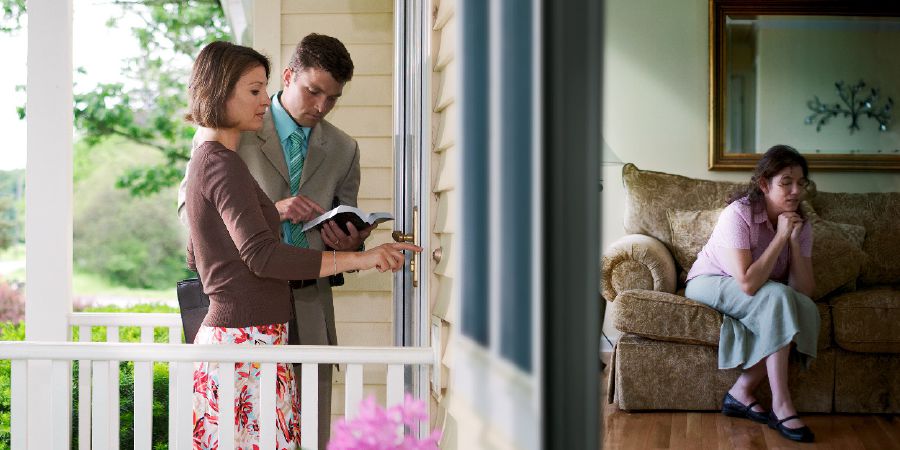AFilip aphighi ni emạ eḍeenhaan idiphọ okaaphọm
1, 2. Eeghe kụ imite mem dị awe okparaghạ osophoghom oḍighi oghaạph iiḅi iinhaghạn phọ awe phọ Enhaạn roḍighi bọ siphẹ oḅẹl okuron asiạ phọ?
1Bạl onhụ English
2 Bạl onhụ English
“Buphẹ Owalalạ Yogh Bọ” (Iiḍighi 8:4-8)
3. (a) Anhiạn kụ aFilip? (b) Uḍighi ika kụ oghaạph iiḅi iinhaghạn phọ k”osi aani bọ ibadị arikpisi epẹ Sameria, kụ ghalhamọ r’iduọn phọ ni aZizọs aghaạph mọ eeghe kụ kemite epẹ phọ?
3 Bạl onhụ English
4. Abuọ aSameria phọ umhegheron ika kụ oghị esi oghaạph iiḅi iinhaghạn phọ aFilip aghaạph bọ, kụ eeghe kụ iḍighi kụ bidị omhegheron bọ iduọn phọ?
4 Bạl onhụ English
5-7. Ngọ reḍeenhaan dị emạ emiteom mọ mem dị okpaariọm Kristẹn mọ oḍuạ ruutu abidị, ilhoghonhaạn ghan ḍighaạgh oraramhị iiḅi iinhaghạn phọ.
5 Bạl onhụ English
6 Bạl onhụ English
7 Bạl onhụ English
8. Ika kụ idị aḍikparamhinheẹn r’araaghạm mengọ eepoogh dị ibadị awe konaghạn aani iiḅi iinhaghạn phọ?
8 Bạl onhụ English
“Ingọ Aani Imị Iikpọ Phọ Iphẹn Phọ” (Iiḍighi 8:9-25)

“Now when Simon saw that the spirit was given through the laying on of the hands of the apostles, he offered them money.”—Acts 8:18
9. Anhiạn kụ aSaimọn, kụ uḍighi ika kụ odị amhoọgh bọ ḍiḅeraạn aghị esi ipẹ aFilip aḍighi bọ?
9 Bạl onhụ English
10. (a) APita r’aJọn uḍighi eeghe epẹ Sameria? (b) ASaimọn aḍighi eeghe mem mọ odị amhiịn bọ dị uwaloor iigbia phọ asoorom bumhoom abumatuạn dị aPita r’aJọn oḅạm raghaạgh rumhụ phọ?
10 Bạl onhụ English
11. Ighẹn igbagarạ ikpo-onhụ kụ edị aPita aḅaanhaạn Saimọn, kụ aSaimọn amhegheron ika?
11 Bạl onhụ English
12. Igbo ukol aKristẹn, aal obobọ ogho esi arukumuan iitura esi k’iḍighen?
12 Bạl onhụ English
13. Ika kụ idị onyọ aKristẹn kakel oḍighi ikarạph aal obobọ ogho esi arukumuan siphẹ ookpomhoghan phọ?
13 Bạl onhụ English
“Nạ Anaghạn Ni Emụ Ipẹ Nạ Rabạl Bọ?” (Iiḍighi 8:26-40)
14, 15. (a) Anhiạn kụ “oophoony oye olọ Etiopiạ” phọ, kụ aFilip amhiịn nyodị eghẹn? (b) Oye olọ Etiopiạ phọ amhegheron ika kụ aghị esi ipẹ aFilip aḅenhị bọ nyodị, kụ uḍighi ika kụ ko/ḅẹm bọ mọ odị agạ ni bịn aḍiiny muụm? (Miịn igẹ dị edi ude.)
14 Bạl onhụ English
15 Bạl onhụ English
16, 17. Ika kụ idị aruukpaạny phọ oḍighom aani oḍighi iphelhegbeel phọ rodon?
16 Bạl onhụ English
17 Bạl onhụ English

“God, whoever you are, please help me”
18. Uḍighi ika kụ yira ko/peghom bọ ephegh oḍighi iphelhegbeel phọ r’amem?
18 Bạl onhụ English